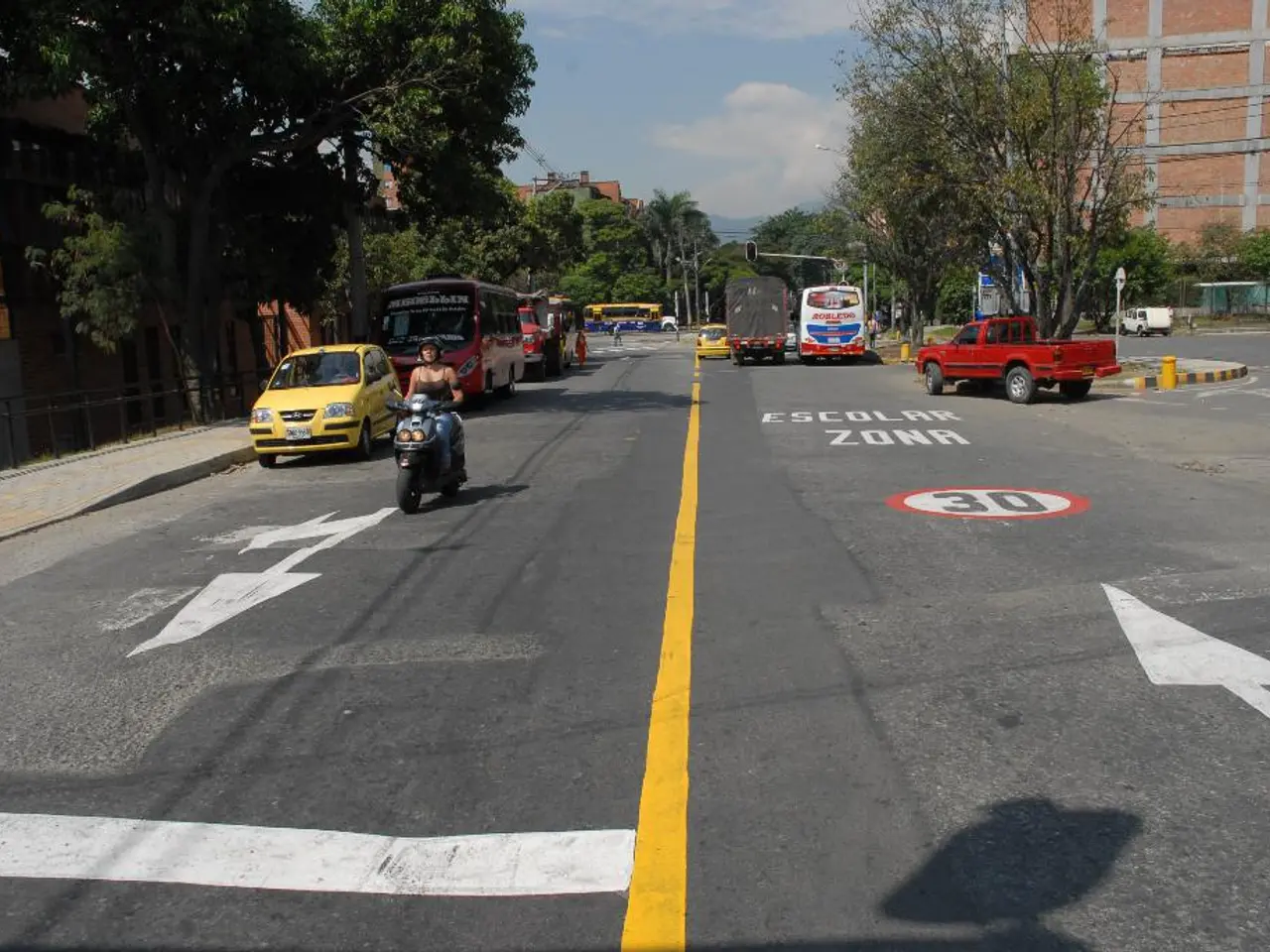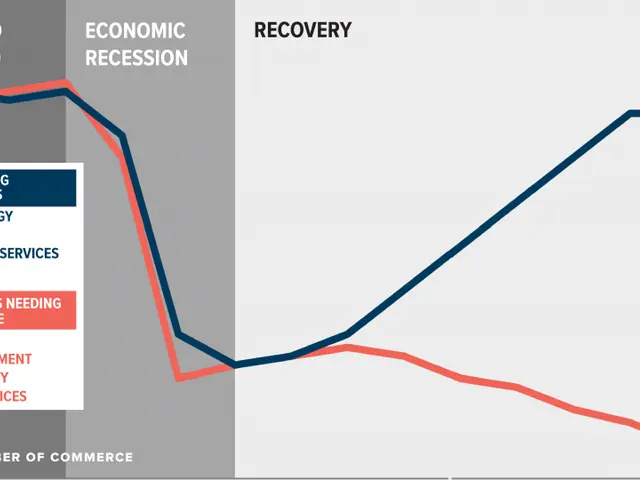Potential hazards to international supply networks due to climate change
In a new working paper, researchers from various backgrounds have come together to shed light on the economic risks posed by extreme weather events to global supply chains (GSCs). The study, titled "Rethinking Global Supply Chains: measurement, impact, and policy," is part of the RETHINK-GSC project, funded by the European Union's Horizon Europe research and innovation programme.
The paper focuses on three distinct forms of disruption: lower manufacturing production due to natural disasters, reduced agricultural yields caused by floods and drought conditions, and damage to infrastructure and disruption of trade routes by climate conditions. As extreme weather events become more frequent and intense, their impact will become significantly larger, and mitigation measures more important.
Heather Grabbe, a Senior Fellow at the organisation and a Visiting Professor at University College London and KU Leuven, leads the research team. Her focus is on the political economy of the European Green Deal and the EU's international relationships. Niclas Poitiers, who joined as a Research Fellow in September 2019, brings expertise in international trade, international macroeconomics, and the digital economy, among other areas. Madalena Barata da Rocha, who joined as a Research Assistant in March 2025, contributes her skills in econometrics, having applied VAR models and Local Projections methods in her research.
The authors of the paper, which includes Carlo Altomonte and Laura Blanco, examine how past extreme weather events affected supply chains and offer suggestions for preparation and mitigation of future shocks. They highlight that most extreme weather events are localized, but their economic impacts reverberate through global supply chains.
The paper underscores the need for globally coordinated policies to address these challenges. Uncoordinated policy responses can strongly exacerbate the effects of climate-related production shortfalls. For governments, it will become increasingly important to set the right incentives for companies to mitigate their risks.
Businesses need to invest in a better understanding of the risks to their supply chains and in mitigation measures. Understanding the impacts of extreme weather events on the world economy is becoming increasingly important. As the scale of economic risks to GSCs from extreme weather events is still poorly understood, this research aims to fill a crucial gap in our knowledge.
Madalena Barata da Rocha, one of the authors, holds a Bachelor's and a Master's in Economics from Nova School of Business and Economics. Prior to joining the organisation, she interned at the Central Bank of Portugal. In her MSc dissertation, she focused on estimating and quantifying fiscal multipliers in Portugal. Madalena Barata da Rocha speaks fluent Portuguese and English, conversational Spanish, and is currently learning French.
The potential for economic disruption caused by extreme weather events is a pressing concern that demands our attention. This paper is a significant step forward in understanding this complex issue and offers valuable insights for policymakers, businesses, and researchers alike.
Read also:
- Trump administration faces lawsuit by Denmark's Ørsted over halted wind farm project
- Unchecked Management of HP Dams Leads to Environmental Disaster: RTI Reveals
- Rapid advancements in automotive policies worldwide fuel transition towards electric vehicles
- CDU Hamm: Aim, Chosen Candidate, and Local Election Agenda








